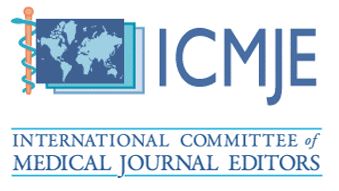A New Perspective on the Biomineralization of Radicular Dentin
Dr. Jessie Reyes-Carmona DDS, MSD, PhD*
Department of Restorative Sciences, Endodontics Section, University of Costa Rica, San Jose, Costa Rica.
*Corresponding Author: Dr. Jessie Reyes-Carmona DDS, MSD, PhD, Department of Restorative Sciences, Endodontics Section, University of Costa Rica, San Jose, Costa Rica. https://orcid.org/0000-0003-2872-6623
DOI: https://doi.org/10.58624/SVOADE.2024.05.0175
Received: May 08, 2024 Published: June 03, 2024
Abstract
The biomineralization of radicular dentin involves complex molecular signaling. The exact mechanism of action remains elusive. However, the literature showed that protein binding sites for calcium ions and mineral precipitation are essential to promote the remineralization process. Dentin organic matrix possesses non-collagenous proteins, such as dentin matrix protein 1 (DMP1), that can initiate and regulate crystal nucleation. Recombinant DMP1 molecules have been thought to perform specific molecular recognition with the apatite surface, guiding calcium phosphate clusters during recruitment through the type I collagen matrix, which serves as a template for controlled biomineralization. The biological basis for the clinical benefits of this process has yet to be completely elucidated. From a clinical perspective, caries, acid erosion, or disinfection protocol treatments can cause dentin demineralization. Given this fact, dentin biomimetic remineralization strategies and treatment strategies aimed at preserving the dentin matrix have been proposed.
Keywords: Biomineralization; Carbonate apatite; Dentin remineralization; Non-collagenous proteins; Radicular dentin.
Citation: Reyes-Carmona J. A New Perspective on the Biomineralization of Radicular Dentin. SVOA Dentistry 2024, 5:3, 84-88.











